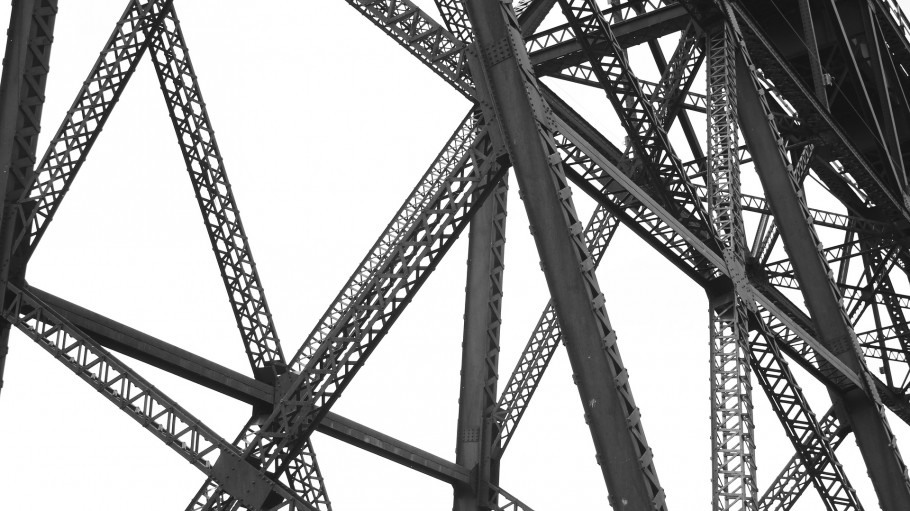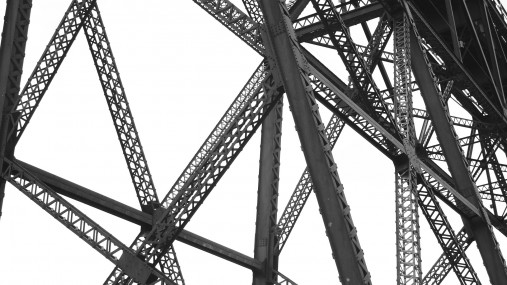
Publications » Position papers » Towards an EU Product Policy Framework contributing to the circular economy
Towards an EU Product Policy Framework contributing to the circular economy
Downloads and links
Recent updates

The European steel industry welcomes the development of a coherent product policy framework that supports a circular economy and sustainability, giving full recognition to materials fit for circularity and supporting sustainable outcomes. We are at a critical stage in which EU product policy can be shaped to fully support the development of a more Circular Economy. It is therefore essential to have the right founding principles from the very beginning.
The use of a Life Cycle Assessment (LCA) methodology, when thoroughly peer-reviewed, should be widely supported as a means of quantifying the environmental impacts of products. For instance, a consistent LCA methodology is needed for preparing background studies, which are used to inform policy, such as in Ecodesign and Eco-label. As a voluntary assessment tool, the EC shall however, ensure a level playing field for environmental claims communicated by harmonising methodology.

Download this publication or visit associated links
Joint Industry Statement
Brussels, 11 February 2026 - The European Steel Association (EUROFER) has backed a call to action adopted by European companies and industries in Antwerp today, which includes a demand on the EU to take urgent action to bring electricity prices down as a condition for Europe’s industrial drive, competitiveness and economic resilience.
The automotive value chain is of vital importance to the EU steel industry and requires an integrated approach to realising the decarbonisation transition in a pragmatic way.